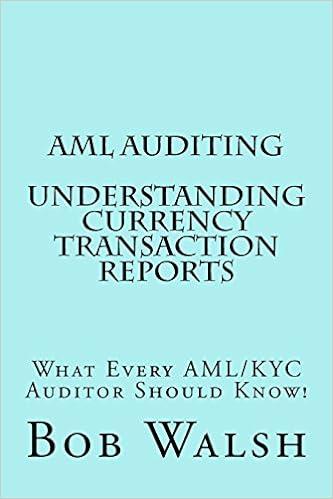regaurding the enron scandel
1. how did Enron's failure to create a sufficient organizational structure played a major role in its downfall. how did individual arrogance, and U.S greed aka the govenrment play a role in its demise?
2.what were the legal issues presented in the enron case ?
3.who was victimized by the eron scandel (go in to depth) think about all of those including fanily members of employess and their children. ect )
Enron Corporation, once listed as the seventh largest corporation among the Fortune 500 declared bankruptcy. In the months and years that followed numerous other major corporations were found to have committed similar accounting and financial frauds - WorldCom, Tyco, Adelphia, Global Crossing, Qwest, Wells Fargo, Citigroup, etc. Enron's collapse followed public disclosure of significant debts that had been concealed by complicated and fraudulent accounting practices. Not only were Enron's top executives deeply involved in this scheme, they personally received tens of millions of dollars from it. This massive ethical fraud was perpetrated with the support of Enron's accounting and auditing firm Arthur Andersen, at the time one of the top five international accounting firms. To make matters worse, while the stock was collapsing; senior executives sold hundreds of millions of stock to unwary investors, making personal fortunes by the collapse. During the same period employees were prevented from selling their own stock that was held in their 401(k) retirement plans. Arthur Anderson's accountants meanwhile were shredding hundreds of documents that could have been used in criminal and civil legal cases. Enron's board of directors, particularly their audit committee, twice waived internal rules of ethical conduct that prohibited the conflict of interest practices that enabled Enron executives to profit at the expense of shareholders. Enron Corporation, once listed as the seventh largest corporation among the Fortune 500 declared bankruptcy. In the months and years that followed numerous other major corporations were found to have committed similar accounting and financial frauds - WorldCom, Tyco, Adelphia, Global Crossing, Qwest, Wells Fargo, Citigroup, etc. Enron's collapse followed public disclosure of significant debts that had been concealed by complicated and fraudulent accounting practices. Not only were Enron's top executives deeply involved in this scheme, they personally received tens of millions of dollars from it. This massive ethical fraud was perpetrated with the support of Enron's accounting and auditing firm Arthur Andersen, at the time one of the top five international accounting firms. To make matters worse, while the stock was collapsing; senior executives sold hundreds of millions of stock to unwary investors, making personal fortunes by the collapse. During the same period employees were prevented from selling their own stock that was held in their 401(k) retirement plans. Arthur Anderson's accountants meanwhile were shredding hundreds of documents that could have been used in criminal and civil legal cases. Enron's board of directors, particularly their audit committee, twice waived internal rules of ethical conduct that prohibited the conflict of interest practices that enabled Enron executives to profit at the expense of shareholders







